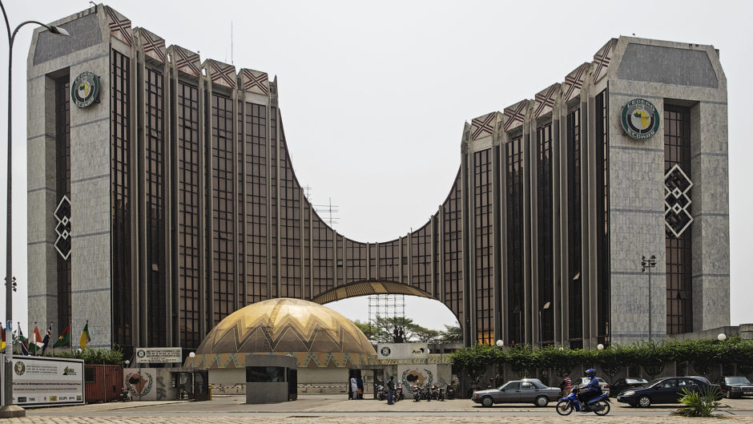Fitch Ratings has revised the outlook on Banque d'investissement et de developpement de la CEDEAO's (EBID) Long-Term Issuer Default Rating (IDR) to stable from negative and affirmed the IDR at 'B'.
The revision of the outlook primarily reflects the reduction in its solvency risk assessment due to an improvement in non-performing loans (NPLs).
The ratings agency also said the clearance of a significant portion of capital arrears by shareholders also supports its assessment of EBID's solvency.
“EBID's 'B' rating balances its 'Strong' capitalisation against its 'High' credit risk. The bank's Standalone Credit Profile of 'b' results from 'bb' solvency and liquidity assessments, and a negative three-notch adjustment to reflect the bank's 'High Risk' business environment”, it added.
In 2021, EBID's shareholders' equity was supported by the payment of sizeable capital arrears (U.A.44 million) which enhanced the bank's capitalisation despite the marked 25% increase in the loan book.
The equity/assets ratio declined to 40% at end-2021 from 42% at end-2020 and Fitch's risk-weighted capital (FRA) ratio was 36% as of end-2021, from 39% as of end 2020.
Fitch said it expects the ratios to decline in line with the growth in the loan book to a level commensurate with a 'Strong' assessment.
Decline in NPLs
The bank-reported NPLs fell to 5.8% in 2021, from 7.1% in 2020 driven by the increase in the loan book and the absence of new NPLs.
Fitch's own NPL ratio fell to 9.8% at end-2021 from 15.6% at end-2020. Fitch's ratio accounts for the exposures that were granted payment suspension during the Covid-19 crisis and had not resumed payments at end-2021 (4% of loans).
Fitch expects the NPL ratio to decline further, driven by the growth in the loan book, but to remain 'High' (above 6%).
High Credit Risk
The average rating of the loan book was 'B-' at end-2021.
About half of the loans are extended to sovereigns.
EBID's Preferred Creditor Status on its sovereign exposure leads to a one notch uplift over the average rating of the loan book, to 'B'. NPLs are concentrated in the non-sovereign portfolio with no sovereign NPL at end-2021.
Latest Stories
-
CJ’s Suspension: Prima facie establishment has no basis – Ex Deputy A.G
34 minutes -
ASFC 2025: Ghana U-15 girls promise to ‘kill themselves’ in final against Uganda
38 minutes -
Pope Francis: Mourners reminded of his call to ‘build bridges not walls’
43 minutes -
Telecel’s short notice to increase broadband price unfair – CUTS International
51 minutes -
ASFC 2025: CAF concludes Young Reporters Workshop in Accra
1 hour -
IMF projects 4% growth rate for Ghana in 2025
2 hours -
Livestream: Newsfile discusses suspension of CJ and galamsey
2 hours -
ASFC 2025: CAF President Dr Motsepe arrives in Ghana for finals and key meetings
2 hours -
Plan International Ghana applauds government’s move to tackle menstrual poverty
2 hours -
+233 hosts Int. Jazz Day concert on May 3
2 hours -
Finance Minister meets IFC MD to deepen cooperation in key sectors
3 hours -
PUWU hoists red flags nationwide over gov’t plan to privatize ECG and NEDCo
12 hours -
Kwame Yesu’s latest project blends raw emotion with rap precision
13 hours -
Court remands Mobile Money robbery suspect into police custody
14 hours -
BIDEC and Ghana Dance Association engages Ghana Tourism Authority on dance tourism
14 hours

